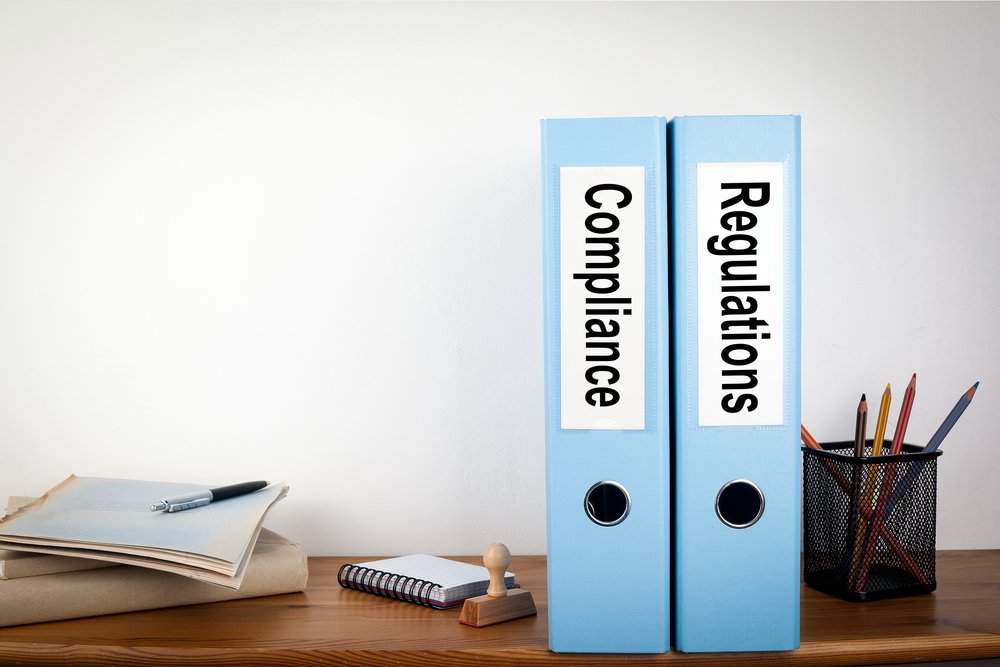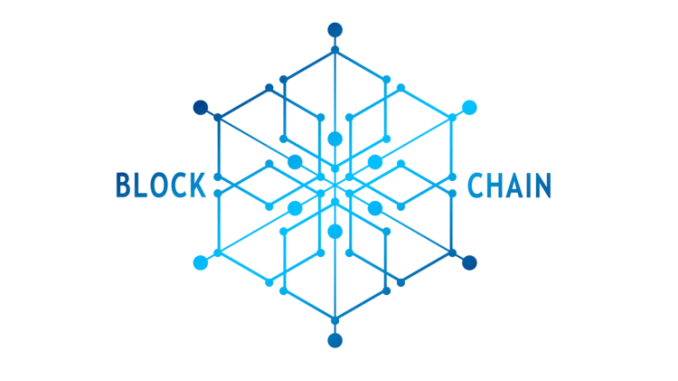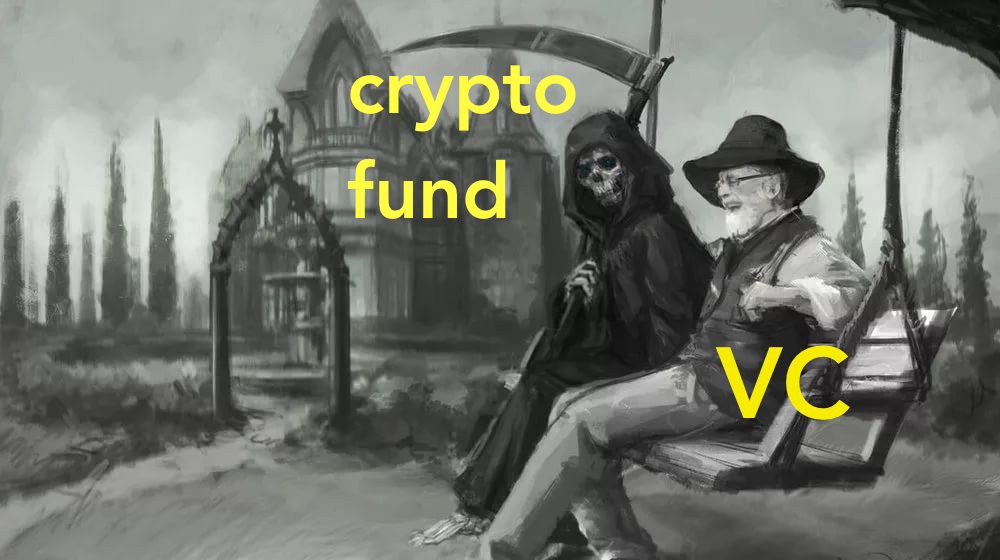The SAFT protocol has been heralded by some as the newest form of self-regulation in the cryptocurrency market. But according to researchers at the Cardozo Blockchain Project, SAFTs may carry more legal risk than otherwise assumed.
Legal Risks
The Simple Agreement for Future Tokens (SAFT) project aims to streamline investor accreditation and verification, but may actually create more legal burden from the perspective of securities law. In a 15-page report, the Cardozo Blockchain Project argues that SAFTs “could heighten the exuberance manifesting in markets for blockchain-based tokens and make it even more difficult to provide consumers access to potentially impactful new technology.”
That’s not to say that the researchers are necessarily opposed to the project; they just believe that it could have the opposite effect when it comes to consumer protection.
They go on to say that, “the SAFT Approach ultimately fails to deliver a simplified and binary compliant token sale framework as advertised. Tokens underlying a SAFT may be more likely to be deemed securities, thus potentially subjecting token sellers to significant legal or economic risks.”
Against this backdrop, the authors suggest that SAFTs would heighten the probability of token raises being labelled securities. Although this isn’t inherently bad, most ICO issuers don’t want to go down this path. After all, any token deemed a security is subject to federal oversight by the Securities and Exchange Commission (SEC). This could have a devastating impact on a token raise if regulators determine after the fact that it is indeed a security token.
Source/More: SAFT May Increase Risk of Token Sale, New Report Argues
















